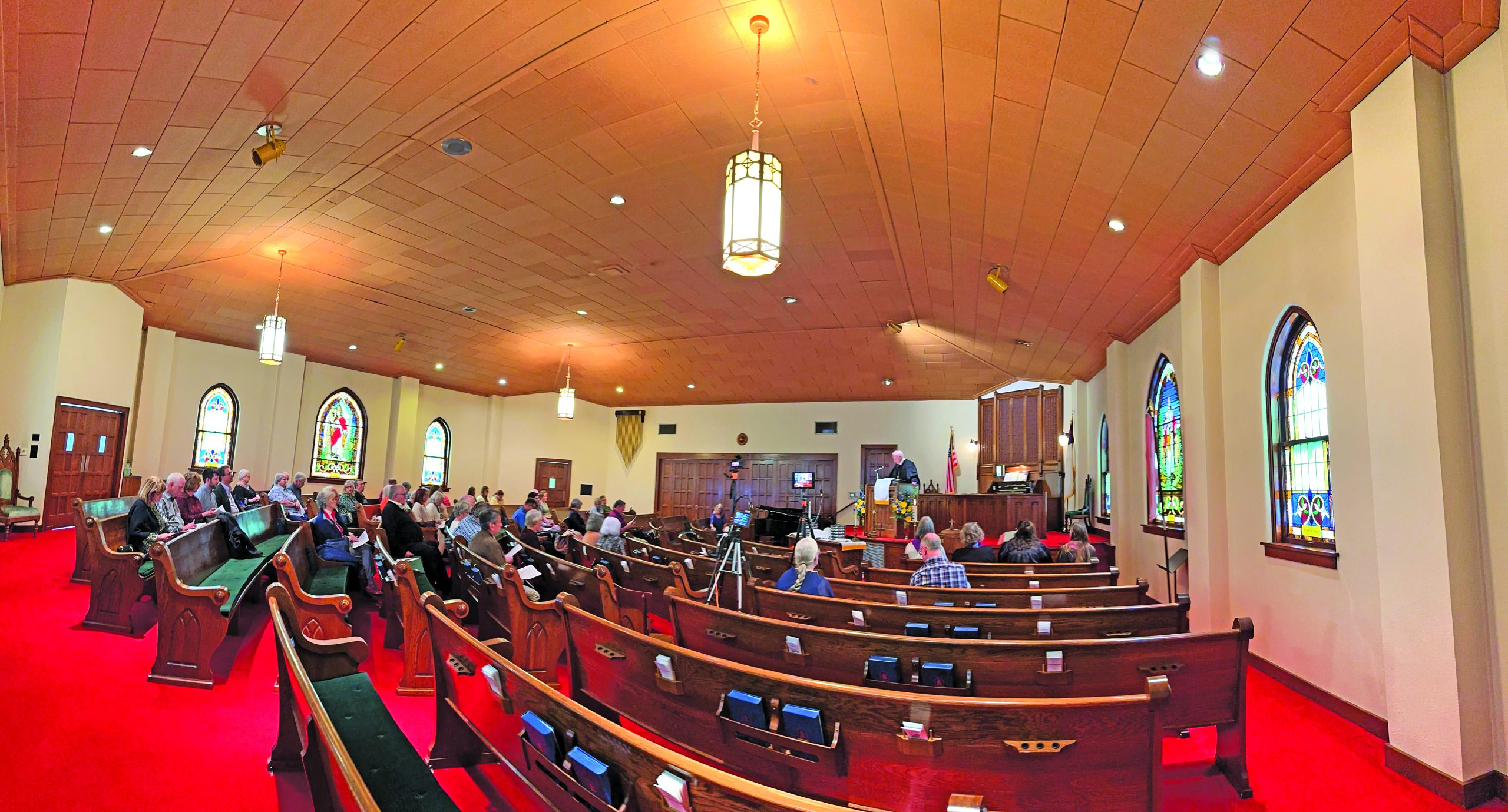By Kaylie Ractliffe
Attorneys for death row inmate John Lotter have filed a new motion to overturn his death sentence, including an argument alleging his IQ is too low for the state to execute him.
Lotter, who was convicted of three counts of first-degree murder for the 1993 deaths of Brandon Teena, Lisa Lambert and Philip DeVine, has spent the past 22 years on death row and has had several failed efforts to overturn his sentence. In January, Lotter’s petition to take his case to the U.S. Supreme Court was denied.
The 60-page motion, filed Mar. 27 by attorneys Timothy S. Noerrlinger, Rebecca E. Woodman and Jessica E. Sutton, is based on two points: “constitutional violations” regarding the re-imposition of Lotter’s death sentence after a 2015 death penalty repeal had effectively commuted his sentence to life imprisonment, and the constitutional prohibition against executing an intellectually disabled person.
Ricardo Weinstein, a California-based psychologist, was hired by Lotter’s attorneys to conduct a clinical interview, a mental status examination, and three clinical tests of effort, cognitive abilities and achievement.
Weinstein also interviewed and gathered statements from at least 14 people who have personally known Lotter throughout his life, including his family members, his childhood social worker, his childhood psychiatrist, one of his former teachers, a friend from adolescence and the mother of his child.
“Mr. Lotter’s records describe deficits in his cognitive and adaptive functioning throughout childhood and adolescence that carry the hallmarks of intellectual disability … Mr. Lotter scored below the first percentile, meaning that over 99 percent of the community function at a higher level,” Weinstein wrote. “It is my opinion, to a reasonable degree of scientific certainty, that Mr. Lotter is intellectually disabled.”
Weinstein’s tests also showed Lotter’s IQ to be 67, which is equivalent to the score of the average eight-year-old child. Nebraska law states that an IQ of 70 or below is presumptive evidence of an intellectual disability.
In 2002, the U.S. Supreme Court ruled to forbid the execution of people with intellectual disabilities, though a 2014 decision rejected a strict IQ cutoff rule in Florida.
Also cited in the motion is LB 268, an act to abolish the death penalty in Nebraska that formally went into effect in August 2015. Under the new law, the sentences of existing death row inmates were commuted to a sentence of life imprisonment. The Nebraska Legislature overrode Governor Pete Ricketts’ veto of the bill.
Ricketts then founded Nebraskans for the Death Penalty, an organization sponsored and reportedly led by several members and affiliates of the Nebraska executive branch. The Ricketts family funded over 80 percent of the initial funding for the organization, and 30 percent of the overall funding. The organization successfully advocated a referendum to put the death penalty on the ballot in the 2016 general election; Nebraskans then voted to keep the death penalty, and death sentences were consequently reinstated for Lotter and nine other inmates.
In addition to arguing that Nebraskans for the Death Penalty’s campaign “targeted” Lotter and the other death row inmates, Lotter’s attorneys say Ricketts’ part in the referendum was unlawful. Their motion states, “The executive branch’s use of the power of referendum to circumvent the lawful veto of the Legislature violates Nebraska’s separation of powers, rendering the referendum invalid.”
Lotter’s attorneys also argue that the re-imposition of his death sentence after it had been changed to a life sentence violates the U.S. Constitution’s prohibition against cruel and unusual punishments.
“The Constitution does not permit execution of a sentence in a manner creating unnecessary stress or anxiety. Legal, medical and psychological scholars have noted the tremendous harm caused by variability and uncertainty around death sentences,” their motion said.
The motion has been filed with the Richardson County District Court, where District Judge Vicky Johnson will decide on whether to grant an evidentiary hearing to consider the issue.

